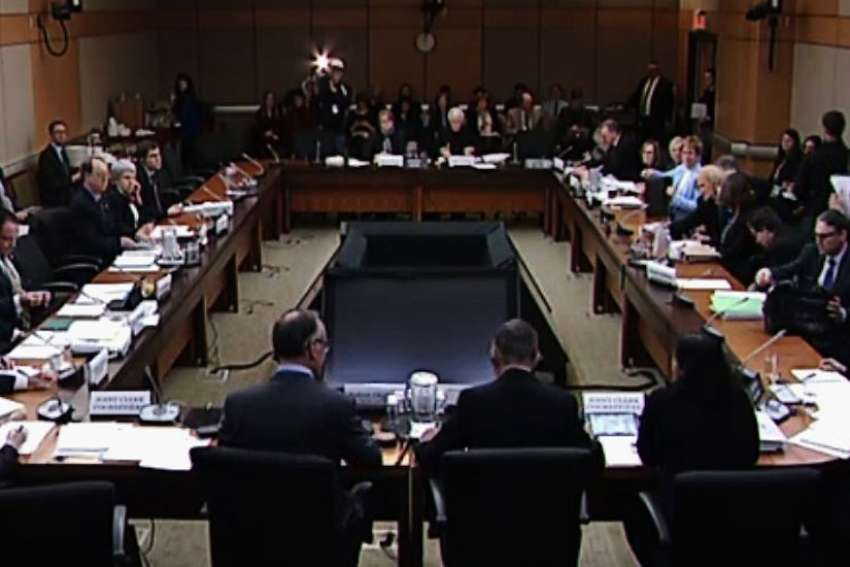The Committee completed hearing witnesses April 11 in a study prompted by Conservative MP Arnold Viersen’s private member’s Motion C-47 to “examine the public health effects of the ease of access and viewing of online violent and degrading sexually explicit material on children.”
The motion calls for the Health Committee to come back with a report no later than July.
Viersen hopes for a strategy similar to that combating cigarette smoking.
“We can’t leave this burden only on parents, in much the same way we haven’t left the burden entirely on parents when it comes to smoking, drinking or gambling,” Viersen said.
While a public health strategy would include education and public awareness campaigns, the government could also consider regulation such as age verification and provisions to opt in for access to online pornography rather than putting the onus on the consumer to opt out, he said.
One recommendation could include mandatory health warnings, such as those for cigarettes, he said.
The committee heard 10 witnesses, in addition to Viersen. He characterized the testimony as ranging from “either we don’t know what the impacts are, or the impacts are tremendous and we must do something about it.”
“A public health response means we cannot arrest, prosecute, incarcerate, treat or educate our way out of this,” Cordelia Anderson, founder of Sensibilities Prevention Services of Minneapolis, Minn., told the committee. “This is a public health issue that requires us to assure conditions in which people can be healthy. We help them to make the healthy choice.”
Anderson compared the problem to dealing with a toxic water supply. One can educate about drinking non-toxic water and its health effects, but government also needs to deal with the source, she said.
Lianna McDonald, executive director of the Canadian Centre for Child Protection, said parents need help in dealing with the issue.
“The number of apps, social media sites and websites has grown exponentially and yet parents are expected to be able to navigate this on their own and somehow make sure their children aren’t exposed to things they can’t handle,” she said. “This is unrealistic, it is unfair, and it ought to change.”
McDonald recommended the creation of top level child-safe domain names that would “require entities to enforce rules relating to the type of content they cannot host, such as pornography and graphic violence.”
In addition to age verification technology, McDonald also advised helping parents keep pace with technological trends and child protection tools as well as educating children on the issue of “sexual consent, healthy relationships and boundaries.”


